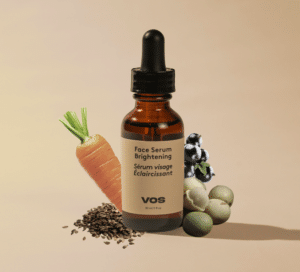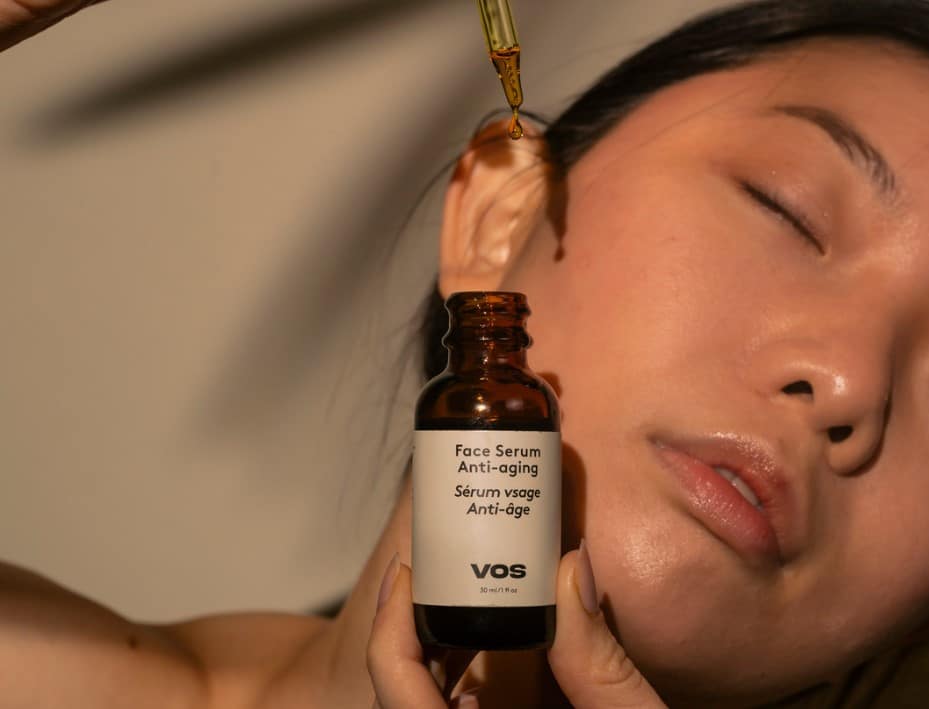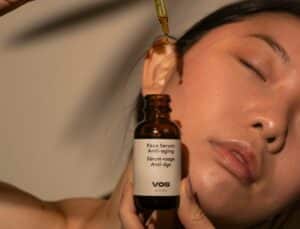Winter can wreak havoc on your skin, leaving it dry, flaky, and dull. With lower humidity levels and cold temperatures, your skin loses moisture faster, leading to dehydration. Incorporating hydrating winter face serums into your skincare routine is essential to combat these challenges and maintain healthy, glowing skin.
In this article, we’ll explore the importance of hydration in winter face serums, their benefits, and tips for enhancing your skincare routine during the colder months.
Why Hydration Matters for Winter Skin
The Effects of Winter on Skin
Winter air is notoriously harsh, stripping your skin of its natural oils. Central heating further depletes moisture, leaving your skin vulnerable to dryness, irritation, and sensitivity. Hydration becomes critical to:
- Replenish lost moisture.
- Maintain the skin’s protective barrier.
- Prevent issues like redness, cracking, and tightness.
The Role of Face Serums in Hydration
Face serums are lightweight, fast-absorbing liquids packed with active ingredients. During winter, serums formulated with hydrating elements like hyaluronic acid, glycerin, and ceramides penetrate deeply to restore moisture levels. Unlike heavier creams, serums deliver concentrated hydration without clogging pores.

Key Ingredients in Hydrating Winter Face Serums
What to Look for in a Winter Serum
Not all serums are created equal, especially when it comes to hydration. Here are key ingredients to include in your skincare routine:
- Hyaluronic Acid: Attracts and retains moisture, holding up to 1,000 times its weight in water.
- Glycerin: A humectant that draws water into the skin, keeping it plump and hydrated.
- Ceramides: Strengthen the skin barrier to lock in moisture and prevent transepidermal water loss.
- Vitamin E: Provides antioxidant protection while nourishing the skin.
- Niacinamide: Improves skin elasticity, enhances the barrier function, and evens skin tone.
Ingredients to Avoid in Winter
While hydrating ingredients are essential, some elements can exacerbate dryness. Avoid:
- Alcohol-based products, as they strip natural oils.
- Fragrances, which may irritate sensitive, dry skin.
- Harsh exfoliants that can further compromise the skin’s barrier.
Building a Winter Skincare Routine
H2: Steps to Maximize Hydration
Your winter skincare routine should focus on layering hydration effectively. Follow these steps:
- Cleanse Gently: Use a hydrating cleanser to remove impurities without stripping moisture.
- Apply Toner: Choose a hydrating toner to prepare your skin for serum application.
- Use a Hydrating Serum: Focus on serums with ingredients like hyaluronic acid and glycerin to restore moisture.
- Seal with Moisturizer: Lock in hydration with a rich, emollient moisturizer.
- Don’t Skip SPF: Winter UV rays can still damage your skin, so use a broad-spectrum sunscreen.
Nighttime Routine
At night, your skin regenerates, making it the perfect time for intensive hydration. Incorporate:
- Overnight Masks: For an extra boost of moisture.
- Facial Oils: Seal in your serum and moisturizer for deeper hydration.
The Benefits of Hydrated Skin in Winter
Improved Skin Health
Proper hydration enhances your skin’s natural barrier, reducing redness, flakiness, and irritation. It also promotes elasticity and smoothness, preventing fine lines and wrinkles.
Enhanced Product Absorption
Well-hydrated skin absorbs active ingredients more effectively, allowing your serums and moisturizers to work optimally.
A Radiant Complexion
Hydrated skin reflects light better, giving you a healthy, luminous glow even in the harshest winter months.
Common Myths About Winter Skincare
“Oily Skin Doesn’t Need Hydration”
Even oily skin requires hydration, especially in winter. Lack of moisture can trigger excess oil production, leading to breakouts.
“Drinking Water is Enough”
While staying hydrated internally is essential, topical hydration through face serums and moisturizers is equally important to combat external moisture loss.
Choosing the Right Winter Face Serum
Tailoring Serums to Your Skin Type
- Dry Skin: Look for serums rich in ceramides and hyaluronic acid.
- Oily Skin: Opt for lightweight, non-comedogenic serums.
- Sensitive Skin: Choose fragrance-free, soothing serums with niacinamide.
Testing and Adapting
Always patch-test new products and adapt your routine based on your skin’s needs as winter progresses.
Conclusion
Hydration is the cornerstone of any effective winter skincare routine. By incorporating hydrating face serums into your regimen, you can protect your skin from the challenges of winter and maintain a healthy, radiant complexion. Choose serums with the right ingredients, tailor your routine to your skin type, and prioritize hydration for a glowing winter season.






